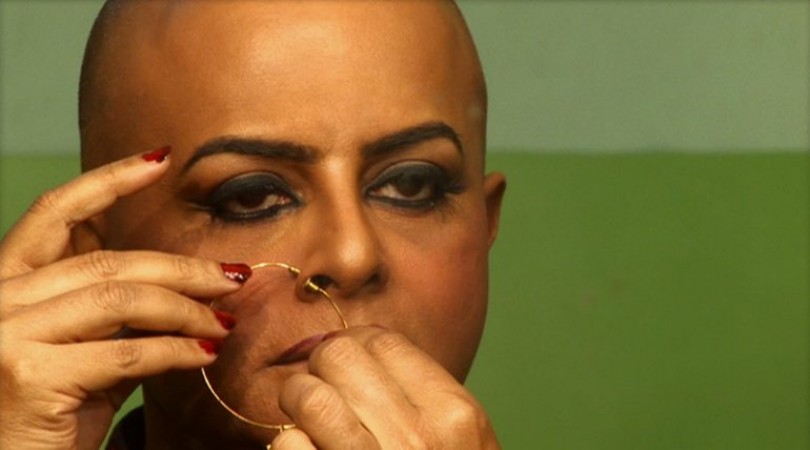
Rituparno Ghosh, the young avant-garde director of Bengali cinema in the nineties, literally heralded the current Renaissance of Bengali cinema. With Rituparno, Bengal returned to the map of international film awards. These new-age directors managed to create a niche multiplex audience who after a long time rediscovered the enriched culture of Bengali literature, especially poetry.
Rituparno Ghosh’s films often seemed an honest attempt to compete with Satyajit Ray and Mrinal Sen, If you closely watch ‘Bariwali’, you would notice there was a certain punch of Mrinal Sen’s ‘Khandar’ and to some extent ‘Akaler Sandhaane’ while ‘Andarmahal’ and ‘Sob Choritro Kalponik’ borrows inspiration from Satyajit Ray’s ‘Debi’ and ‘Charulata’ respectively.
Ghosh’s timeline as a filmmaker starting from ‘Hirer Angti’ in 1992 to ‘The Last Lear’ in 2007 looks like a constant process of unbelievable progress exploring the film medium. Rituparno used to see cinema as not just a medium of an intellectual culture but also used to make us see the elegant standard of living the elitist echelons of our society enjoy. His films focus as much on dress, jewelry, designs, and lifestyles, as they explore the characters and their emotions.
Using the unique lives of this creamy layer – not bowed down by common everyday barriers and occasionally the pitfalls of adjusting with the uncertain future of earning a livelihood – he aspired to develop his own views of the realistic world. In most of his films, RituParno created a universe of gracious culture that always manifested the purified sensibilities of Bengali Renaissance left behind by Rabindranath Tagore. Remember ‘Raincoat’ where he wrote poetry in Brajabuli, the language in which Tagore had composed his Vaishnava lyrics Bhanushingher Padabali and perhaps Ritu emerged as the only Bengali after Tagore, in modern times, to have explored the language.
He had also hosted two TV shows – ‘Ebong Rituparno’ and ‘Ghosh and Company’ - where he used to interview celebrities in a typical, relaxed drawing room setting, giving an essence of the privacy of a home. He started cross-dressing and ultimately tried transition. Many still believe the repeated sex surgeries were the reason behind his death, others believe excessive work killed him.
Prosenjit Chatterjee: It’s Rituparno Ghosh who discovered the ‘other Prosenjit’ inside me
Dulquer Salmaan to Anu Emmanuel, M-Town celebs who made headlines this week